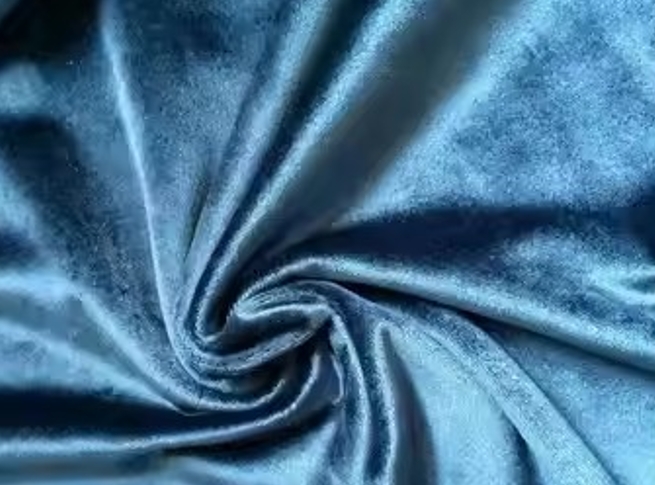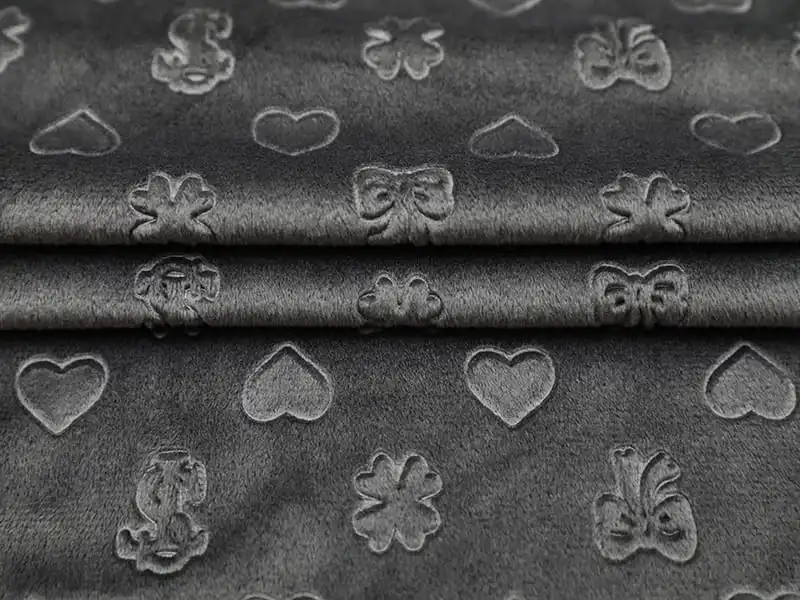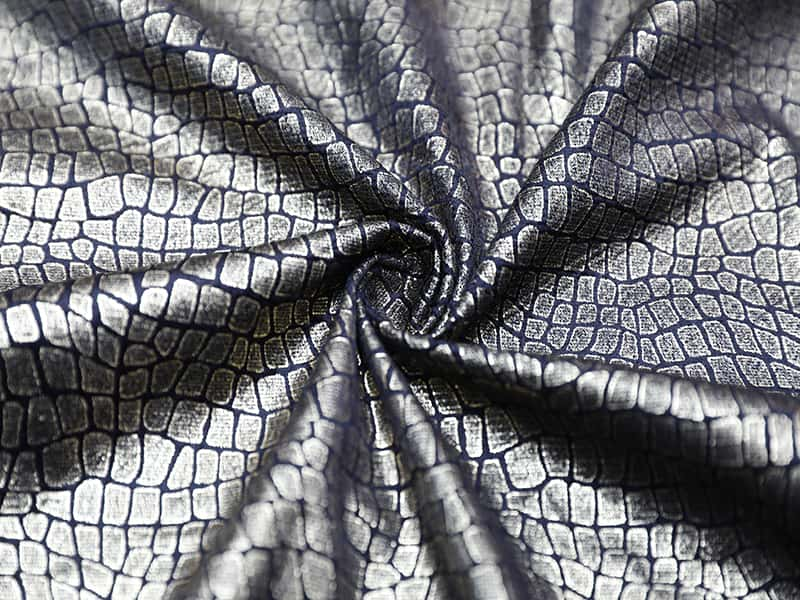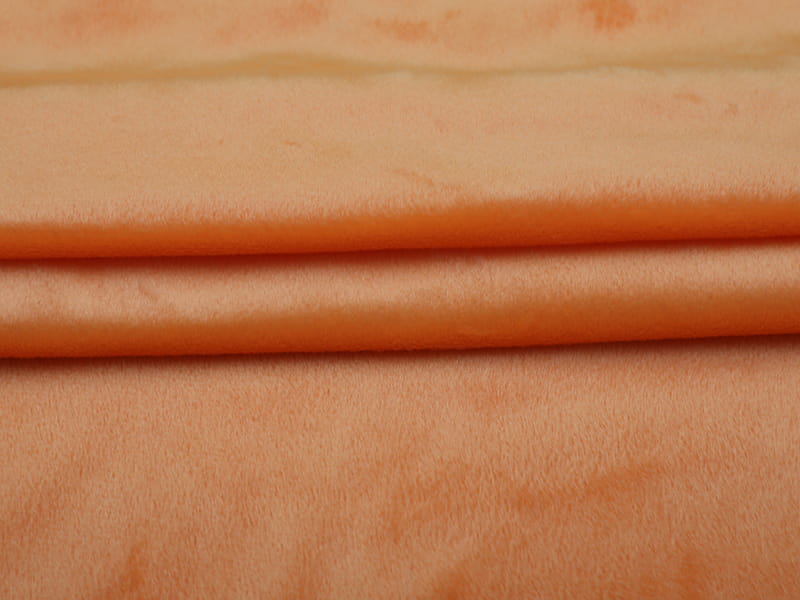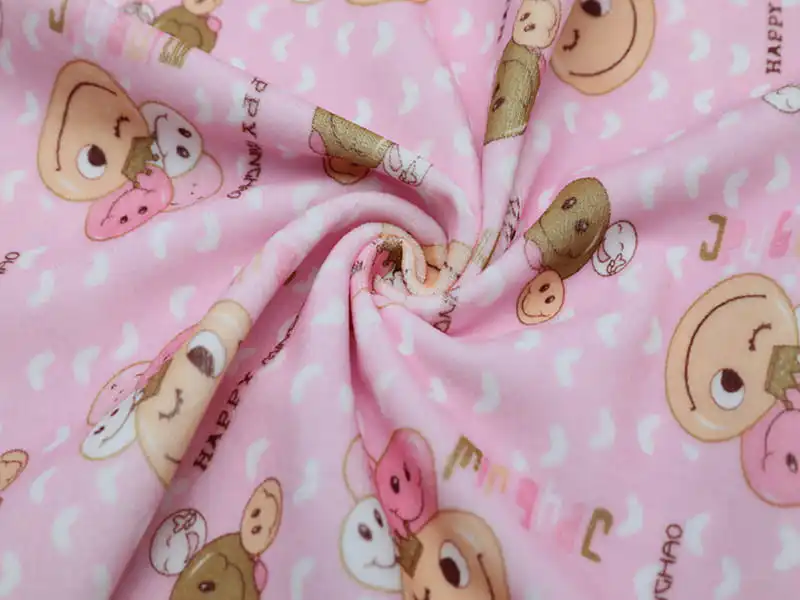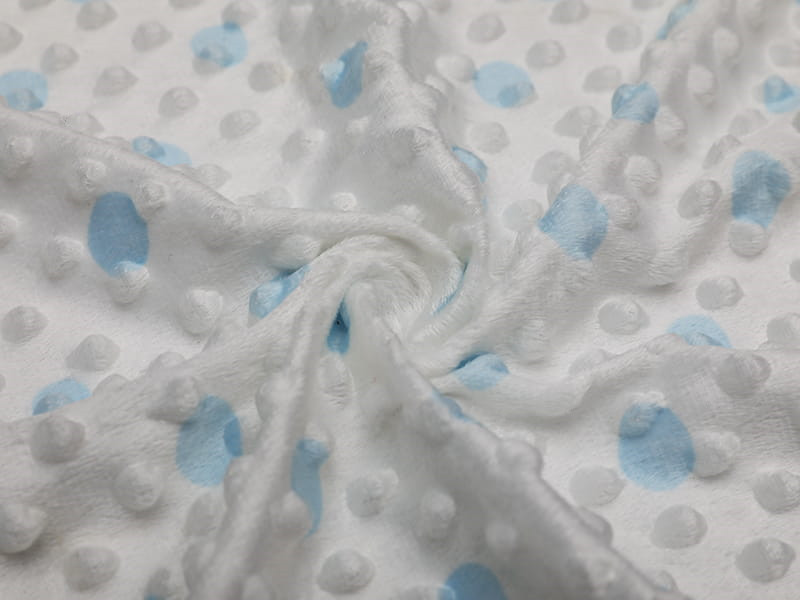In today’s footwear market, the combination of comfort and performance has become the main focus for consumers. Soft shoe fabric manufacturers are the driving force behind this trend. Through continuous innovation in fiber composition, weave structure, and production technology, they create materials that provide superior softness and fit. These fabrics, often made from polyester, nylon, or composite fibers, can maintain shape stability under varying temperatures and humidity levels. Beyond texture, manufacturers integrate features such as waterproofing, breathability, and antibacterial properties to achieve a perfect balance between comfort and functionality.
Breathability is one of the key factors determining shoe comfort. High-quality soft shoe fabrics often feature micro-porous structures that allow air to circulate freely, reducing heat and moisture buildup. By adjusting the fabric density and fiber orientation, manufacturers ensure flexibility while maintaining ventilation. For people who walk or stand for long periods, these breathable and soft materials significantly reduce foot fatigue, providing a light and pleasant wearing experience. Advanced weaving technologies also introduce memory elastic fibers that adapt to foot shapes for a customized fit.
As global awareness of environmental protection grows, soft shoe fabric manufacturers are actively exploring renewable and biodegradable materials. Some use recycled polyester or plant-based fibers to replace traditional synthetics, lowering carbon emissions while improving sustainability. These eco-friendly materials maintain softness and durability yet consume less energy during production. With green manufacturing becoming mainstream, sustainable textiles are shaping the future of footwear and building a shared value between brands and consumers.
While softness is essential, durability remains a crucial factor in shoe material design. Manufacturers enhance fabric strength through composite fiber reinforcement and surface coating treatments, improving tear and abrasion resistance. In athletic or outdoor shoes, soft fabrics must endure frequent bending and stretching. To maintain elasticity and tensile strength over time, high-molecular support structures are embedded within the fibers. This technological innovation allows shoe fabrics to remain both flexible and resilient, meeting diverse performance requirements.
With the global rise of sneaker culture, lightweight mesh fabrics have become one of the most popular materials among designers. Made with high-elastic yarns and open structures, these fabrics offer exceptional breathability and stretchability. Precision knitting technology allows manufacturers to produce shoe uppers that are light yet supportive. Beyond sports footwear, lightweight mesh is now widely used in casual and fashion shoes, representing a new evolution toward lighter and more comfortable designs. This marks an exciting step forward for the future of footwear innovation.

